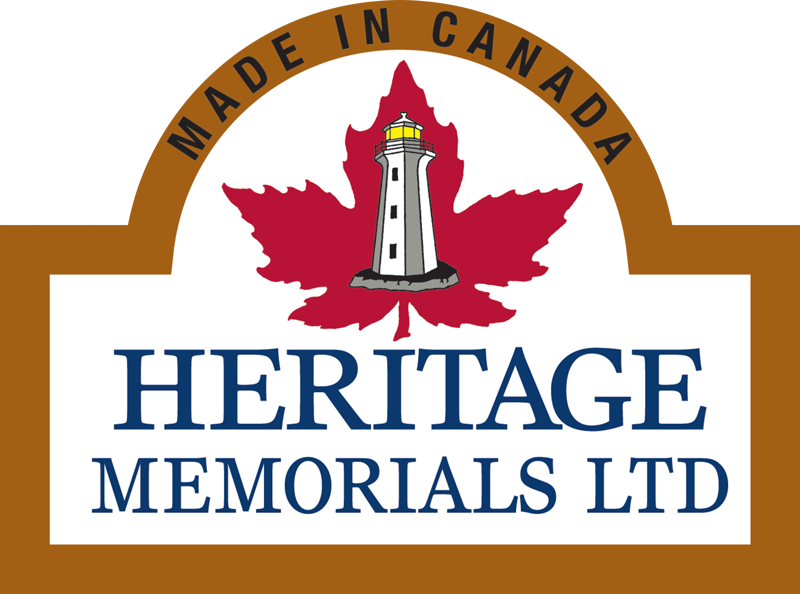The Objective
Heritage Memorials Ltd., a leading monument manufacturer based in Nova Scotia, undertook a transformative modernization initiative aimed at digitizing core operations, integrating precision equipment, and advancing sustainability in granite processing. The primary goal was to improve production efficiency, reduce waste, and position the company as a national leader in environmentally responsible memorial manufacturing—without disrupting ongoing operations or displacing existing workers.
The Challenge
Despite its reputation for craftsmanship and quality, Heritage Memorials faced several operational and market challenges:
- Manual and fragmented workflows made scheduling, order tracking, and inventory management inefficient and prone to delays.
- Granite waste and offcuts were underutilized, creating both environmental and cost concerns.
- Aging equipment limited production capacity and increased downtime.
- Customer expectations for faster turnarounds and more design options were rising across the industry.
These challenges threatened to limit the company’s growth potential and reduce its competitiveness in a market increasingly shaped by digital tools and sustainable practices.
The Solution
To address these issues, Heritage launched a comprehensive modernization project supported in part by Invest Nova Scotia’s Innovation Rebate Program (IRP). The project focused on four key pillars:
1. Digital Workflow Integration
- Development of a custom smart production dashboard for real-time scheduling and KPI tracking.
- Implementation of an inventory and order management system for greater visibility and planning accuracy.
- Seamless integration of these tools through a custom application suite, improving alignment between sales, production, and shipping.
2. Precision Equipment Investment
- Installation of a Single Wire Saw and Semi-Automatic Polishing Machine to boost output, reduce manual labor, and enhance finish consistency.
- Equipment selected based on technical specs and lean compatibility, with facility layouts adjusted to support efficient integration.
3. Sustainability and Waste Reduction
- Introduction of a granite repurposing system to convert waste into saleable secondary products (e.g., small monuments, decorative slabs).
- Lean manufacturing principles embedded into workflow redesign to minimize overproduction and idle time.
4. Workforce and Implementation Strategy
- Led by project manager David Yetman, a cross-functional team (programmers, designers, engineers) employed agile development methods.
- Emphasis on upskilling existing staff rather than replacement—ensuring a digitally capable, future-ready team.
The Results
The project is being rolled out over a 10-month period (May 2025 to March 2026), with measurable improvements already underway:
Operational Efficiency
- Production capacity increased through faster, more reliable equipment and coordinated scheduling.
- Idle time reduced via real-time data visibility and workflow optimization.
- Lead times shortened, improving customer satisfaction and on-time delivery rates.
Sustainability and New Revenue Streams
- Granite offcuts repurposed into smaller products, opening new revenue lines while reducing landfill use.
- Waste reduction supports the company’s clean growth goals and strengthens its market positioning in eco-conscious procurement channels.
Workforce Development
- Employees trained on new tools and systems, creating a digitally empowered team in a traditionally analog industry.
- No job losses occurred—instead, staff are now more engaged, efficient, and future-oriented.
Regional Economic Impact
- The project supports rural economic development, reinforcing Heritage’s role as a pillar of the local manufacturing base.
- Plans are underway for Heritage to become a precut granite supplier to smaller businesses across Atlantic Canada, improving industry resilience.
Conclusion
Heritage Memorials Ltd. successfully leveraged digital transformation and capital investment to increase competitiveness, reduce waste, and future-proof its operations. The initiative exemplifies how traditional industries can modernize sustainably—boosting profitability while supporting rural economies and environmental goals. This case also highlights the power of public-private collaboration in driving regional innovation.


